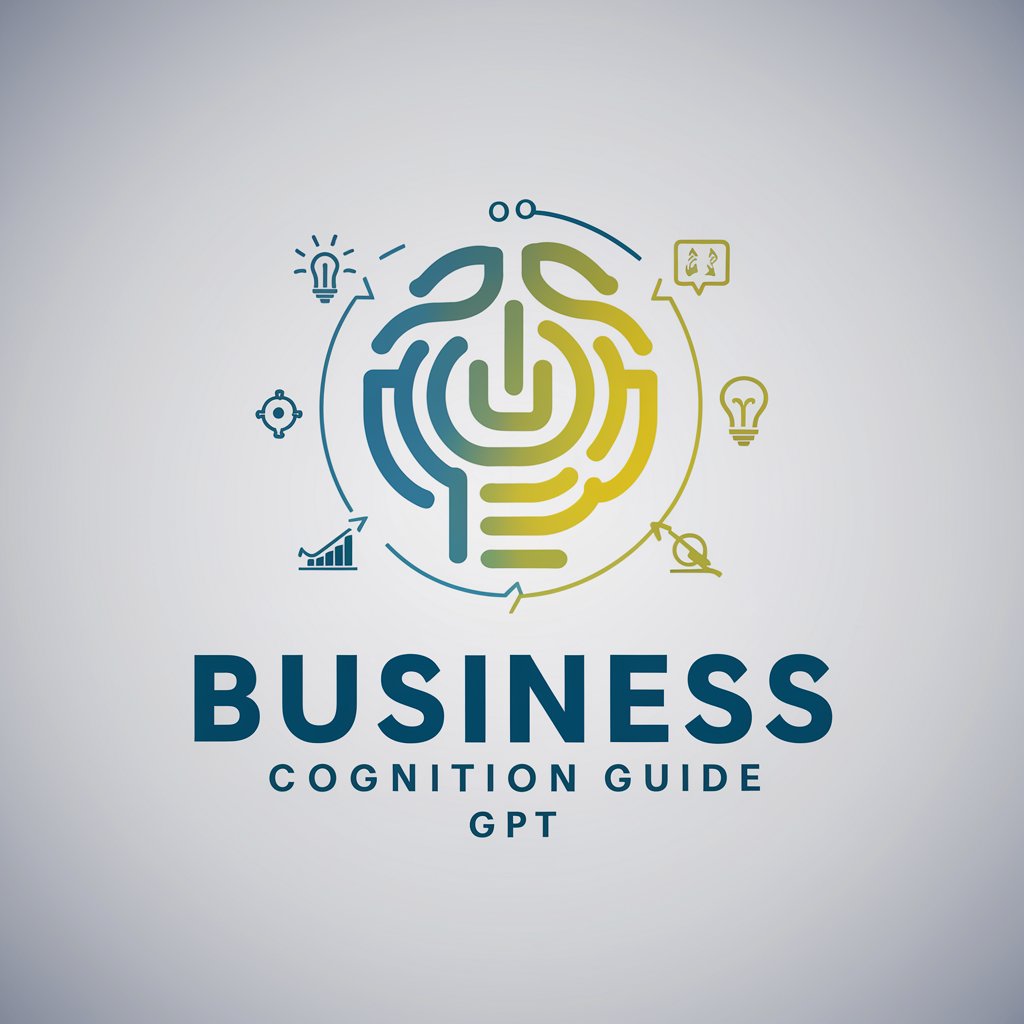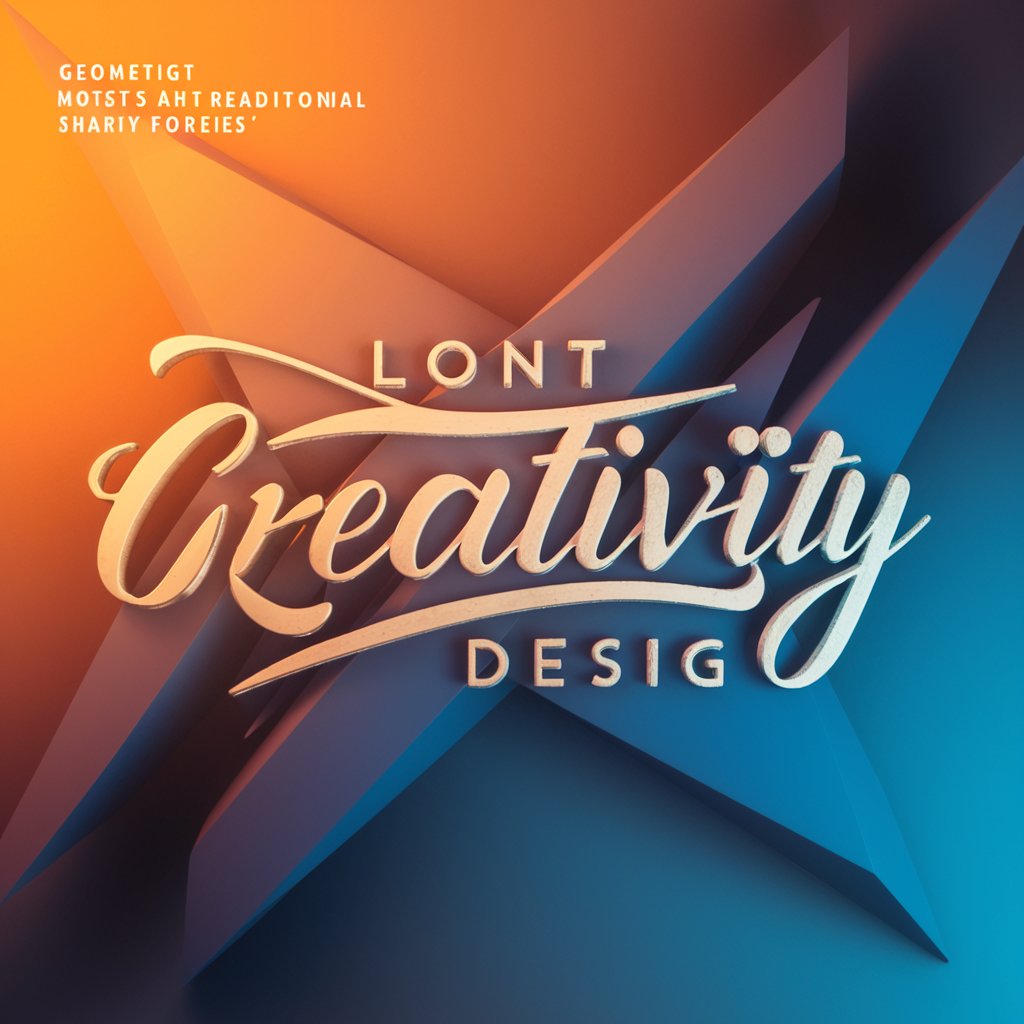Course Companion - Instructional Design Assistant

Welcome to Course Companion, your instructional design partner.
Enhance your teaching with AI-powered insights.
Design an engaging lesson plan for...
What are effective strategies to improve...
How can I align my course objectives with...
Suggest innovative assessment methods for...
Get Embed Code
Introduction to Course Companion
Course Companion is designed as an instructional design assistant, aimed at supporting teachers and instructors in crafting effective and engaging courses. It leverages pedagogical expertise to provide evidence-based guidance on course structure, content delivery, and assessment methods. The primary goal is to ensure that instructional strategies are closely aligned with intended learning outcomes, optimizing both student engagement and achievement. For example, an instructor developing a new course on environmental science might use Course Companion to identify effective teaching strategies that promote critical thinking and problem-solving skills. Similarly, a high school teacher looking to redesign a history course could use Course Companion to find innovative ways to integrate primary source analysis into their curriculum, enhancing students' historical thinking skills. Powered by ChatGPT-4o。

Main Functions of Course Companion
Curriculum Design Support
Example
Assisting in the development of a module on sustainable development, providing resources on best practices for integrating case studies and project-based learning.
Scenario
A university professor is looking to incorporate sustainability concepts into their business management course. Course Companion offers guidance on structuring modules to include interactive case studies, facilitating student engagement with real-world sustainability challenges.
Assessment Strategy Development
Example
Guidance on creating diverse and inclusive assessment methods, such as portfolio assessments, that cater to different learning styles.
Scenario
A language teacher wants to assess students' proficiency more holistically. Course Companion suggests implementing a portfolio assessment that includes written, oral, and multimedia components, allowing students to demonstrate their skills in various contexts.
Pedagogical Advice
Example
Offering insights into active learning techniques and how to apply them in classroom settings to enhance student participation and learning.
Scenario
A science instructor is seeking to make their lectures more interactive. Course Companion provides strategies for incorporating active learning, such as think-pair-share and problem-based learning activities, to foster deeper understanding of scientific concepts.
Ideal Users of Course Companion Services
Educators and Instructors
Teachers at all educational levels, from primary to higher education, who are designing or updating courses and seek to incorporate evidence-based instructional strategies. They benefit from Course Companion by gaining access to a wide array of teaching techniques and assessment methods tailored to their specific educational contexts.
Curriculum Developers
Individuals or teams responsible for developing and revising educational programs and materials. They use Course Companion to ensure that curricular materials are pedagogically sound and aligned with learning outcomes, enhancing the overall quality of educational offerings.
Instructional Designers
Professionals who specialize in creating educational experiences and materials. Course Companion aids them in applying the latest pedagogical research and instructional technologies to design effective and engaging learning environments.

How to Use Course Companion
1
Visit yeschat.ai to access a free trial of Course Companion without the need for a login or subscribing to ChatGPT Plus.
2
Select the specific area of instructional design you need assistance with, such as course structuring, content delivery, or assessment strategies.
3
Input your course details, learning outcomes, and any specific challenges you're facing directly into the tool.
4
Utilize the generated advice and recommendations to enhance your course design, ensuring alignment with educational best practices.
5
Regularly update your course information and feedback in Course Companion to refine and optimize your course over time.
Try other advanced and practical GPTs
Theses Creative Arts & Design UK
Empowering research with AI-driven insights in UK's Creative Arts & Design theses.

Interior Design Buddy
AI-Powered, Tailored Interior Design Guidance

VeBjørnGPT
Empowering Physics Learning with AI

AI Business Advisor
Empowering Businesses with AI-Driven Insights

Business Cognition Guide
Empowering Your Business with AI-Driven Insights

AI Landscaping
Empower Your Garden with AI

Sticker Design Virtuoso
AI-powered sticker creation at your fingertips.

Car Designer GPT
Revolutionizing car design with AI.

The Amercian West
Journey through history with AI-powered frontier wisdom.

ScriptCoverageGPT
Elevate Your Script with AI-Powered Insights

Word Weaver
Empowering Your Words with AI

Art Evolution
Craft Your Vision with AI Precision

Frequently Asked Questions about Course Companion
What makes Course Companion different from other instructional design tools?
Course Companion leverages AI to provide evidence-based and customized instructional design advice, offering solutions that align specifically with your course's learning outcomes and challenges.
Can Course Companion help with online and blended courses?
Absolutely, Course Companion is designed to support all types of courses, including traditional, online, and blended learning environments, by providing tailored strategies for each.
How does Course Companion ensure the advice is evidence-based?
Course Companion pulls from a vast database of educational research and pedagogical theories, ensuring all recommendations are grounded in proven instructional strategies.
Is there a limit to how many courses I can design with Course Companion?
No, there's no limit. You can design and refine as many courses as you need, making it an ideal tool for educators managing multiple subjects or levels.
How can I track the effectiveness of changes made using Course Companion?
Course Companion encourages iterative design, allowing you to input student feedback and learning outcome data to track the impact of your design choices over time.
